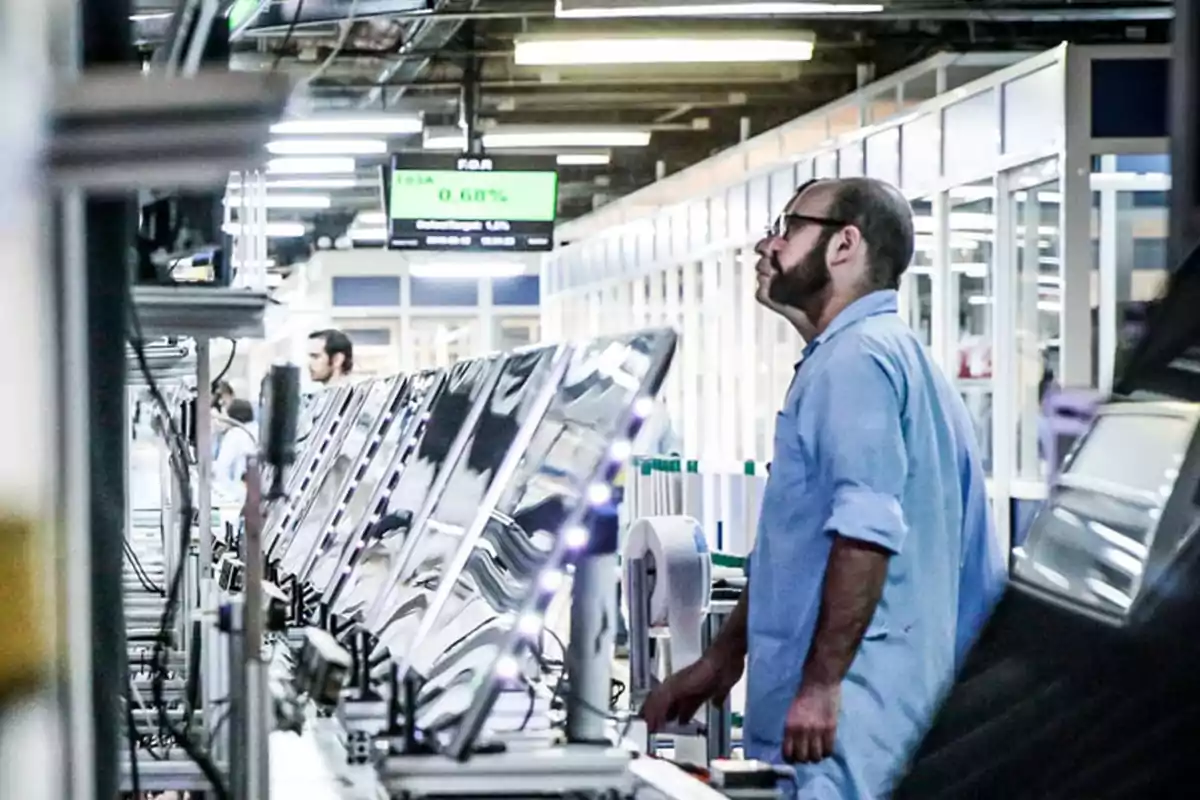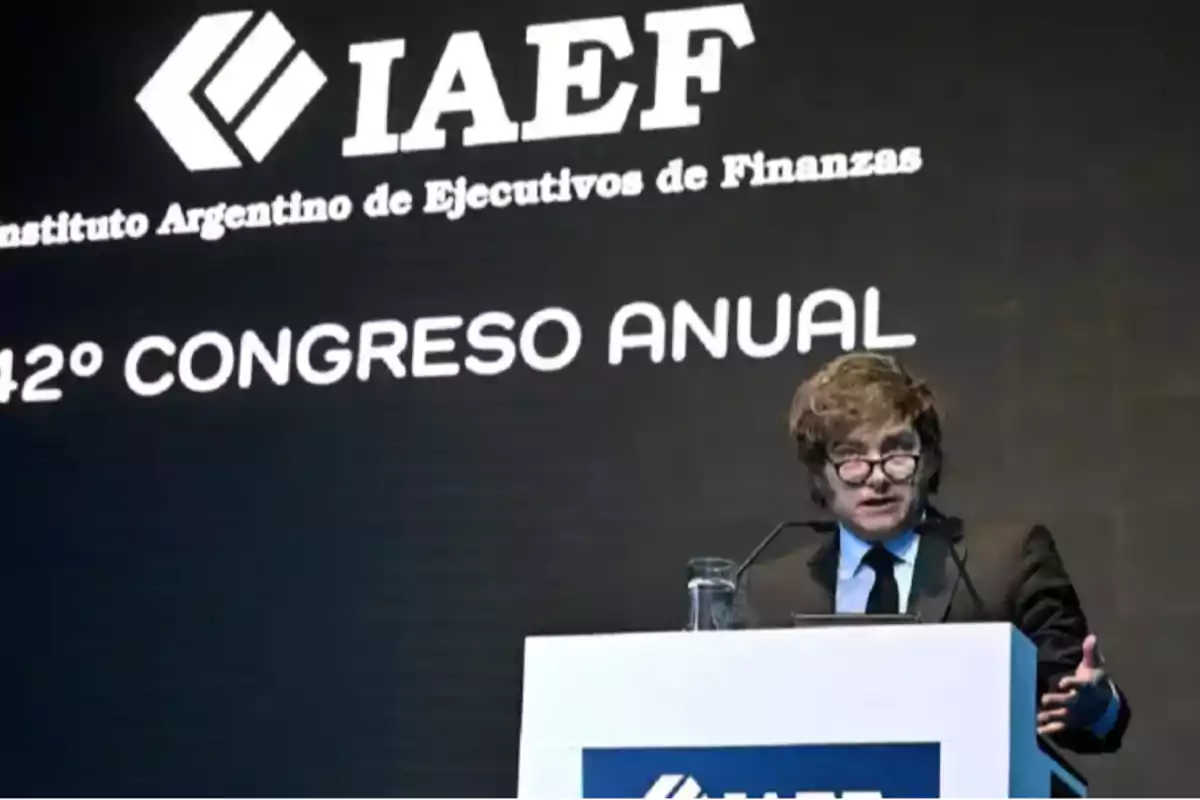
Milei's government eliminated taxes and boosts competitiveness in Tierra del Fuego
With lower taxes and no tariffs, the Government promotes a more competitive industry and more affordable prices
The decision by Javier Milei's government to eliminate import tariffs on cell phones and significantly reduce internal taxes on electronic products marks a deep change in Argentina's industrial and commercial policy.
This measure aims to reduce prices that for years were artificially increased by a distortive tax structure, and it allows for a more realistic discussion about the role of the Tierra del Fuego industrial regime.
The Fuegian regime represents a scheme of tax exemptions that has been essential in promoting national production in a historically neglected geographical region. The benefit doesn't lie in subsidies or direct transfers, but in a lower tax burden for companies that choose to settle on the island, generating formal employment and settlement in the far south of the country.

In an economy like Argentina's, with one of the highest tax pressures in the world due to decades of socialism and economic interventionism, lowering taxes is the right policy, which should guide the development of the private sector.
For years, however, the existence of high tariffs on the import of electronic products created a distortion in prices. Those taxes artificially increased consumer goods and caused a mistaken perception, where the Fuegian regime was often blamed for the high cost of cell phones, when in reality it was the national taxes that raised the price difference between imported and domestically assembled products.
The elimination of these tariffs, announced this week by Milei's government, allows for progress in ending that distortion. By removing these barriers, a healthier competition between local production and imports is achieved, and consumer choice freedom is strengthened.
At the same time, it becomes clear that the real challenge is not to end the tax advantages of Tierra del Fuego, but to expand them to all regions of the country to encourage investment, innovation, and employment.

The lower cost of electronic products for millions of Argentines will translate into an improvement in purchasing power and a more efficient reallocation of household spending. But that gain doesn't have to come at the expense of the national industry.
On the contrary, freeing the economy from tariffs and maintaining competitive tax schemes, like that of Tierra del Fuego, are steps in the same direction: reducing the weight of the State, promoting efficiency, and encouraging genuine growth.
Additionally, the Fuegian regime fulfills a strategic development function for the country. It has allowed for a stable population in extreme climatic conditions and consolidated a productive hub that generates thousands of direct and indirect jobs.
The real distortion more than the Fuegian regime is the fiscal and customs structure that for decades raised prices for Argentine consumers. Now, under Milei's government, these failures are beginning to be corrected. The underlying goal is to extend that logic to the entire country.
More posts: